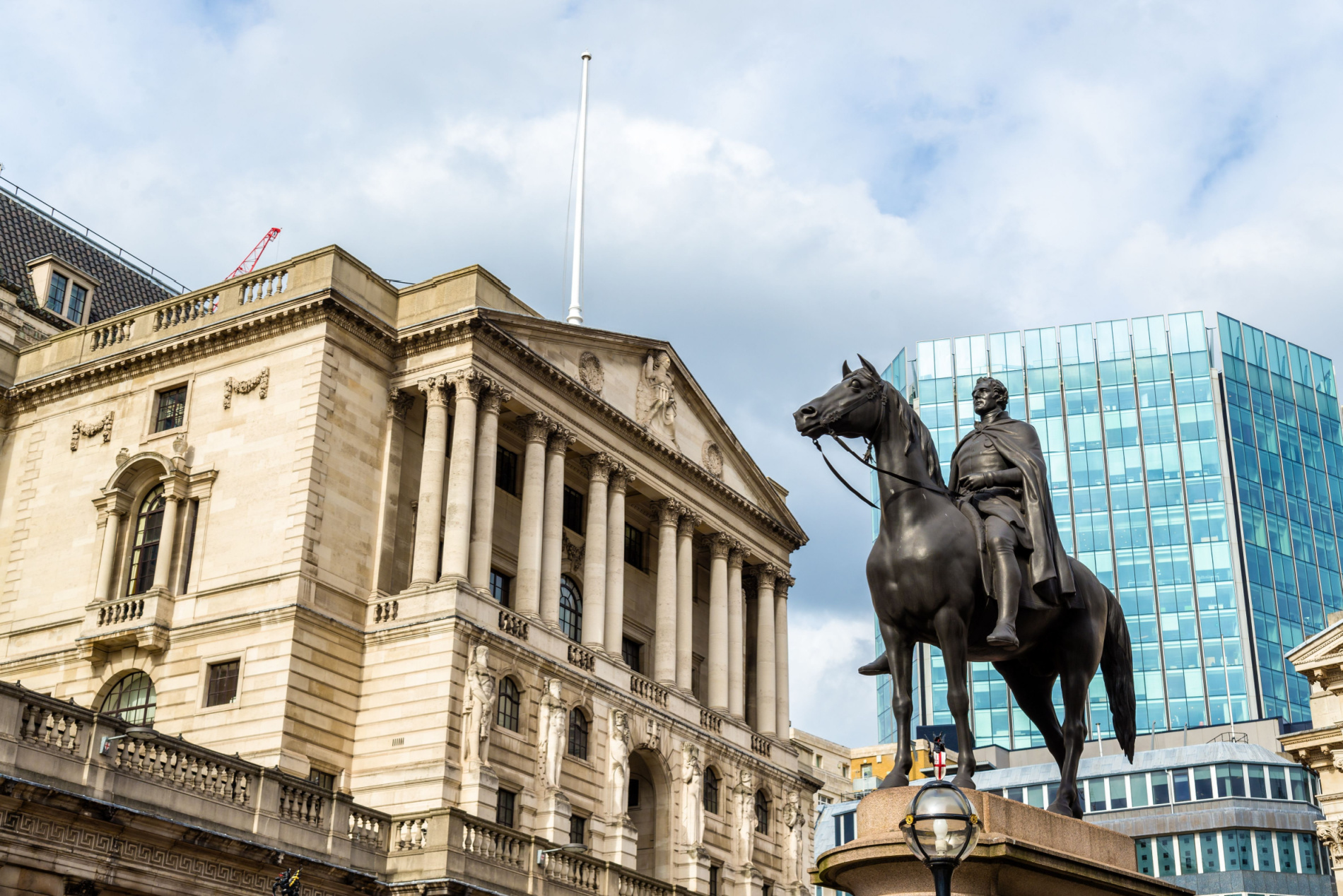Weekly Briefing: Inflation falls while interest rates are maintained, house prices have biggest rise in 10 months & older investors target growth & tech
This week, we discuss why the Bank of England (BoE) have chosen to maintain interest rates even amidst falling inflation and why older investors are increasingly turning to ‘higher risk’ investments into the likes of tech to target growth.
We also take a look at the latest data on Government borrowing and what this means for the possibility of further cuts to taxation, and more.
UK Economy
Inflation Falls But BoE Maintains Base Rate
- Figures released on Wednesday from the Office for National Statistics (ONS) revealed that inflation fell to 3.4% in February.
- This was a fall from 4% in January and is the lowest level since September 2021, when it was 3.1%.
- The drop was bigger than previously forecast and was driven in part by the slowing pace of food and restaurant price rises.
- However, even following the positive news on inflation, the BoE’s Monetary Policy Committee chose to maintain its interest rate at 5.25% on Thursday.
- Speaking about the decision, BoE Governor Andrew Bailey said: “In recent weeks we’ve seen further encouraging signs that inflation is coming down. We’ve held rates again at 5.25% because we need to be sure that inflation will fall back to our 2% target and stay there. We’re not yet at the point where we can cut interest rates, but things are moving in the right direction.”
Government Borrowing Reduces Chances Of More Tax Cuts
- UK Government borrowing exceeded forecasts in February, putting Chancellor of the Exchequer Jeremy Hunt on track to exceed his budget projections for the fiscal year, in turn limiting his capacity to implement further tax cuts.
- Spending exceeded income by £8.4 billion last month, higher than the anticipated £6 billion, bringing the total deficit for the first 11 months of 2023/24 to £106.8 billion.
- This leaves Hunt with a narrow margin to meet the Office for Budget Responsibility’s (OBR) forecast of £114.1 billion for the full financial year.
- At the Budget on 6th March, Hunt utilised almost all of his £10 billion of available funds to reduce taxes for workers.
- Ruth Gregory, Deputy Chief UK Economist at Capital Economics, described the figures as "disappointing" and suggested that the OBR’s borrowing forecast for 2023/24 may already be overly optimistic.
- With there clearly narrowing headroom for more tax cuts – and as the likes of Inheritance Tax receipts break new records – it’s important for investors to be considering tax reducing incentives such as the Enterprise Investment Scheme (EIS) and Seed Enterprise Investment Scheme (SEIS) to help protect their wealth.
Investing
Older Investors Are Increasingly Targeting Growth And Technology Investments
- According to data from Hargreaves Lansdown, older investors are increasingly allocating more of their savings towards growth and technology investments.
- This is a departure from the traditional belief that individuals over the age of 65 should steer clear of riskier assets.
- Traditionally, as retirement approaches, older investors typically adjust their portfolio mix to minimise risk and safeguard their capital.
- However, Hargreaves Lansdown suggests that this conservative approach may no longer suffice to sustain a comfortable standard of living in later years, particularly considering the underperformance of supposedly safer investments such as UK gilts.
- Emma Wall, Head of Investment Analysis and Research at Hargreaves Lansdown, told the Financial Times: “With many of us living far longer, there is an argument to say that without sufficient risk in a retirement portfolio, your investments won’t sustain the longevity requirements.”
- Myron Jobson, Senior Personal Finance Analyst at Interactive Investor, stated: “Tech has made a comeback amid excitement over the potential of artificial intelligence to transform various industries.”
Property
House Prices Have Their Biggest Rise In 10 Months
- The average asking price for a home in the UK has risen by £5,279 to almost £370,000 due to increased buyer demand and stronger house sales in March.
- Rightmove has reported a 1.5% increase in house prices this month, surpassing the historical March average of 1% and marking the largest monthly rise in 10 months.
- The UK’s largest property portal said that agents are witnessing a significant surge in buyer demand this month, with more people recognising a favourable opportunity to purchase a new home.
- Halifax recently stated that the average UK house price was just £1,800 below the peak observed in June 2022.
- Tim Bannister, Director of Property Science Innovation at Rightmove, notes that sales agreed since the beginning of March have surged by 13% when compared to the same period last year, with demand for larger homes primarily driving the price increases.
A Final Note
The news of high Government borrowing putting the possibility of future tax cuts at risk should prove eye-opening, as the importance of making full use of the tax incentives at your disposal when investing continues to be as crucial as ever.
Moreover, it’s excellent to see more promising data coming out of the housing market. The market’s resilience over the past few turbulent years has been clear to see, and it certainly looks to be continuing to move in the right direction.
At GCV, we remain committed to providing the latest insights into the investment and wider economic landscape in order to support investors in making well-informed decisions when choosing where to allocate their capital.
If you would like to find out more about a number of tax-efficient investment strategies available to UK investors, discover our range of downloadable resources here.
%20(3)%20(2).jpg)








